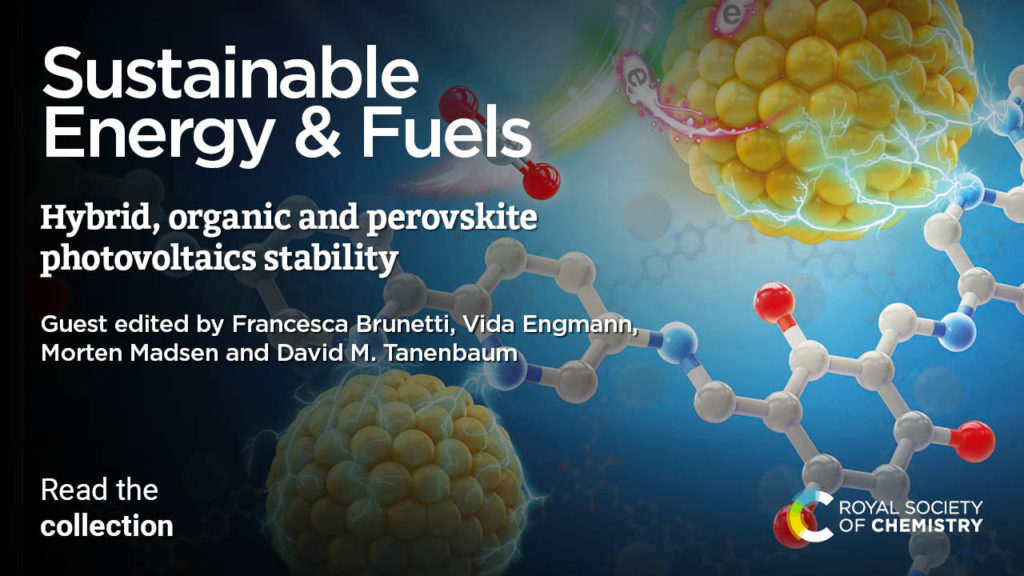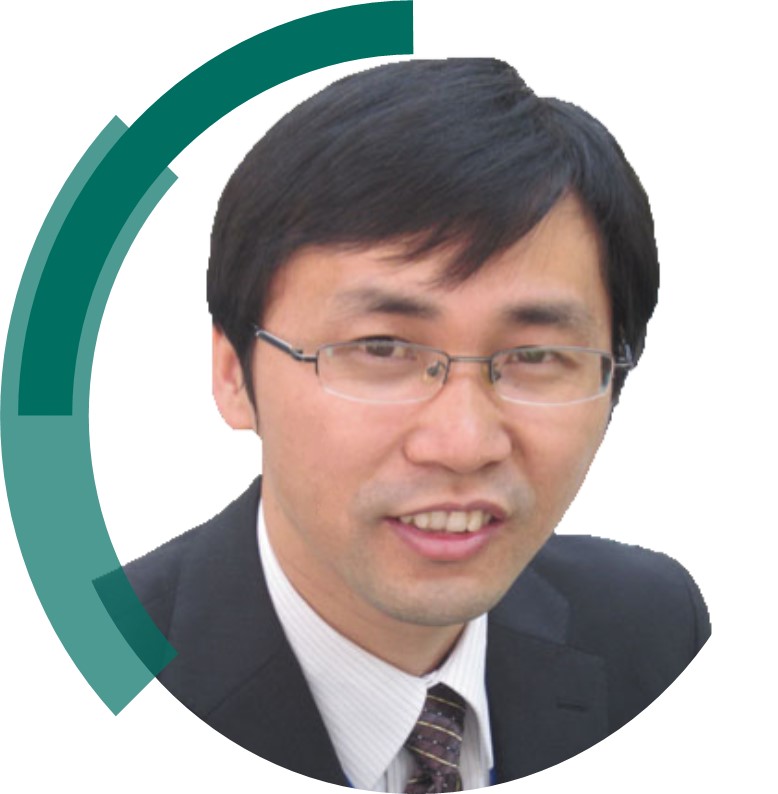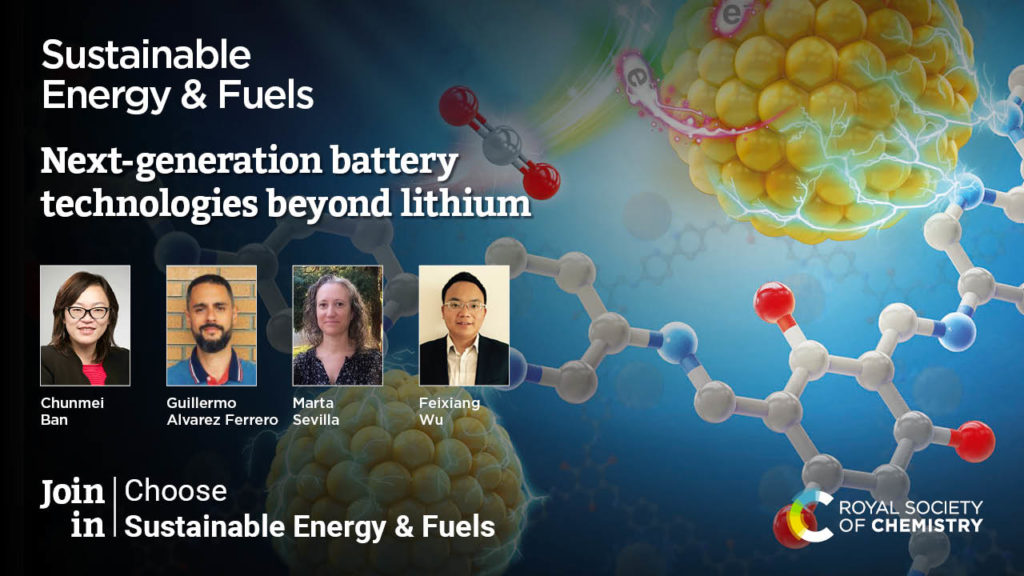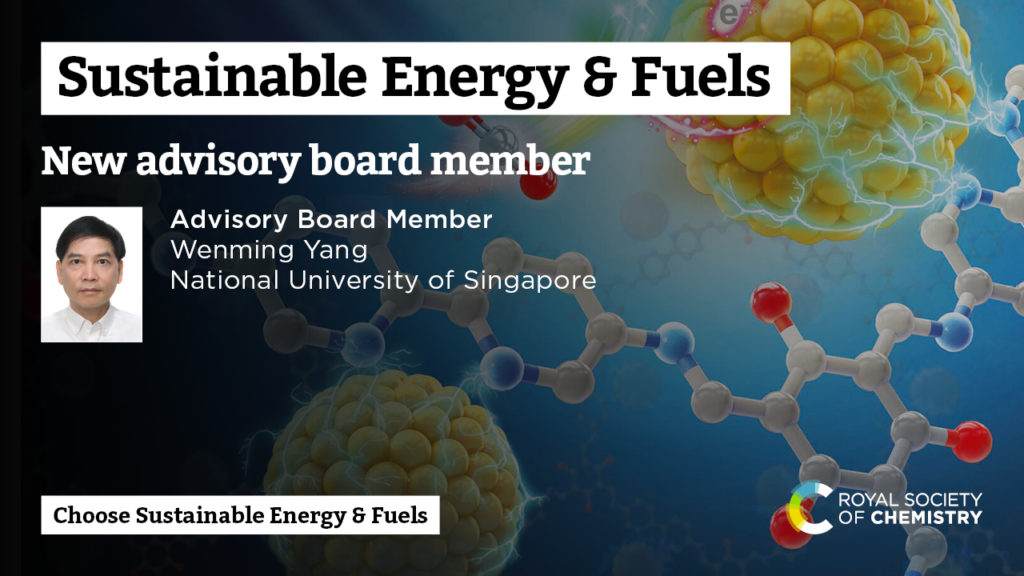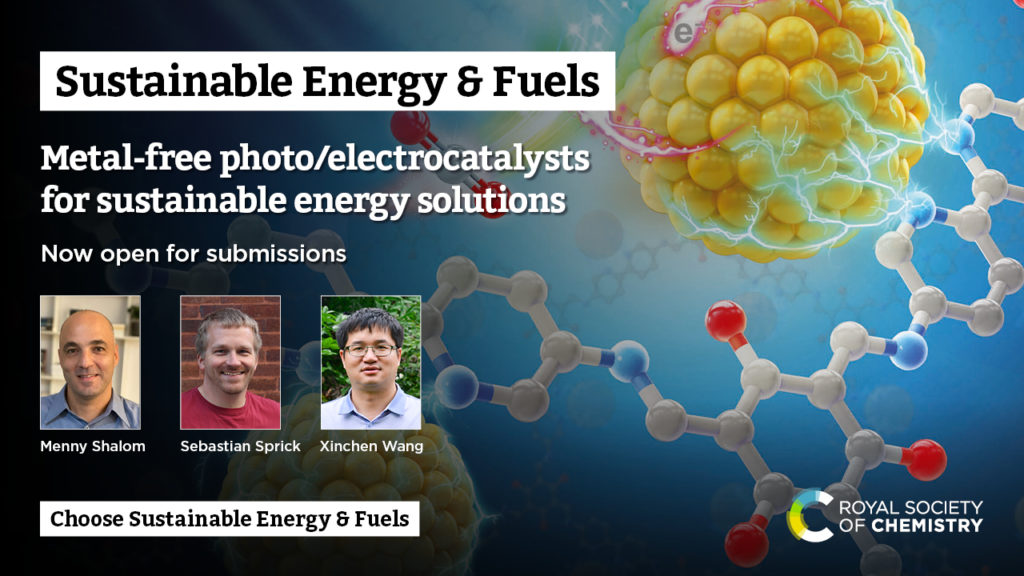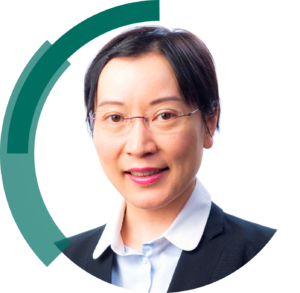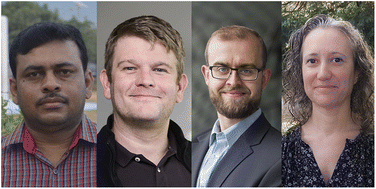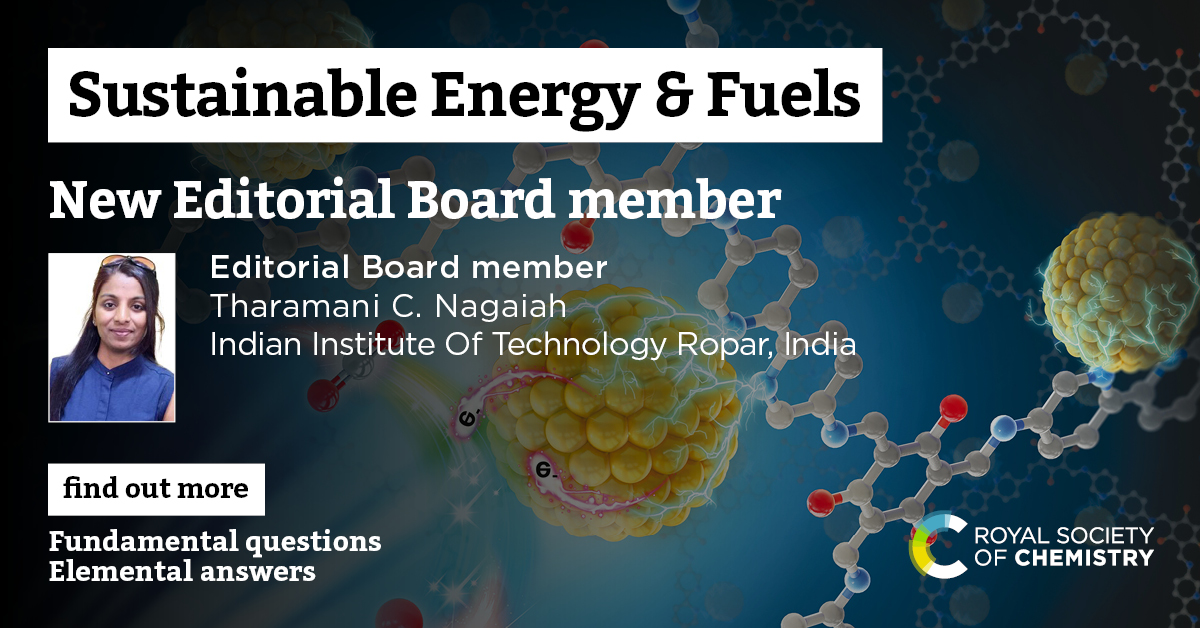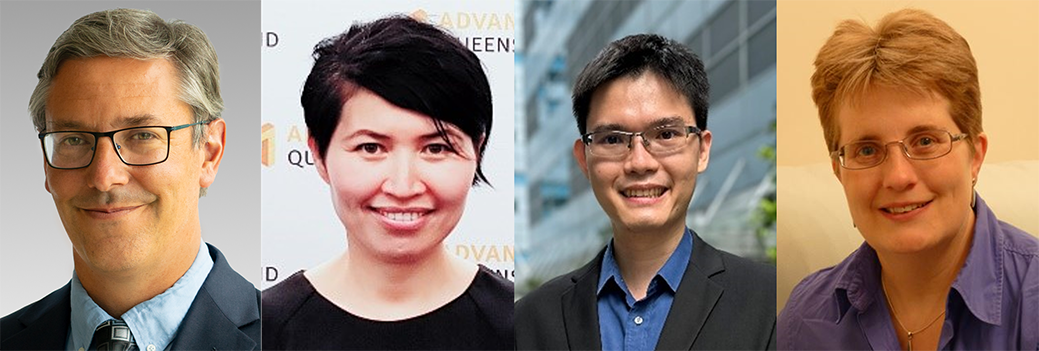We are delighted to showcase the latest Sustainable Energy & Fuels themed collection on Hybrid, Organic and Perovskite Photovoltaics Stability, guest edited by Francesca Brunetti, Vida Engmann, Morten Madsen and David M. Tanenbaum.
This collection showcases recent progress and challenges in the field of stability for hybrid, organic and perovskite photovoltaics and includes some of the excellent research presented at the ISOS-XIII conference, held in Sønderborg, Denmark. In addition to the Open Access articles in this issue, all articles are free to access until 31st March 2025.
We’ve highlighted some of the excellent articles featured in the collection below:
Passivation mechanism of the perovskite upper interface based on MAPbBr3 quantum dots for efficient and stable perovskite solar cells Yan Feng, Huilin Li, Zhitao Shen, Fumin Li*, Mengqi Jin, Yanjing Rong, Xingyuan Tian, Rong Liu* and Chong Chen*
Measuring metal halide perovskite single cell degradation consistent with module-based conditions Robert Tirawat*, Amy E. Louks, Mengjin Yang, Severin N. Habisreutinger, Jao van de Lagemaat, Soňa Uličná, Ross A. Kerner, Kai Zhu, Laura T. Schelhas, Axel F. Palmstrom and Joseph J. Berry*
Aging of quinoxaline-based polymer solar cells under UV-free white light Shahidul Alam*, Md Moidul Islam, Rico Meitzner, Martin Hager, Ulrich S. Schubert, Frédéric Laquai, Harald Hoppe and Yingping Zou
The water-dipping effect of branched poly(ethylene imine) interfacial layers on the performance and stability of polymer:nonfullerene solar cells Hyunji Son, Woongki Lee, Sooyong Lee, Hwajeong Kim* and Youngkyoo Kim*
An efficient approach for controlling the crystallization, strain, and defects of the perovskite film in hybrid perovskite solar cells through antisolvent engineering Nikolaos Tzoganakis, Konstantinos Chatzimanolis, Emmanuel Spiliarotis, George Veisakis, Dimitris Tsikritzis* and Emmanuel Kymakis
Understanding the role of interfacial layers in the photostability of PM6:Y7-based organic solar cells under different degradation conditions Magaly Ramírez-Como, Enas Moustafa, Mohamed Samir, Alfonsina Abat Amelenan Torimtubun, José G. Sánchez, Josep Pallarès* and Lluis F. Marsal*
We hope that you enjoy reading the great research featured in this collection


